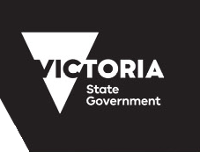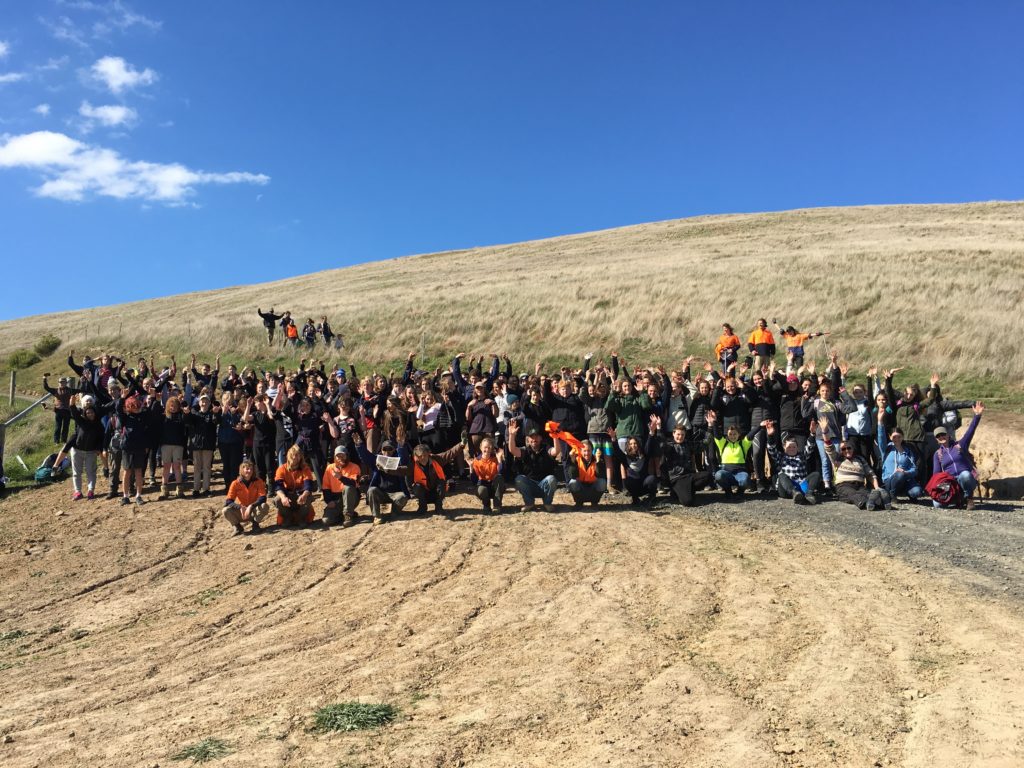A series of programs managed by the Bass Coast Landcare Network
Our Landcare communities educate, inspire, and encourage others to create and become caretakers of resilient and biodiverse landscapes. By engaging future generations in place-based activities that emotionally and physically connect them with the natural world, exposing its wonders and intricacies, a culture of land stewardship is established. Through activities connecting them to community volunteer action, we can achieve so much more together.
The “Environmental Detectives” program of 10 themed, curriculum-linked activities started in 2008 and has engaged thousands of students of all ages in on ground, real-life understanding and appreciation of environmental best management practices, sustainable living and Indigenous heritage. Students discover and investigate everything from the tiny macro world of water bugs to the largest plants in the ground. Examining effects of human activity leads to exploration of solutions, helping develop a sense of ongoing stewardship for local areas.
The “Catchment Custodian Kids – Detecting, documenting, and protecting the catchment” program began in 2019 and engages students in hands-on environmental field work that provides emotional connection and ignites interest. Tree planting, seed collection, propagation and citizen science monitoring activities forge relationships with landholders and schools, leading to long term connections for the wider community, with data collected demonstrating effects of Landcare activity on catchments.
Bass Coast Landcare Network (BCLN) has engaged thousands of students through these programs, relying on funding that removes barriers to participation. Funding busses to place-based and hands-on activities, consumables and qualified, experienced BCLN Environmental Educators, links school communities with the wider Landcare community to collaborate for increased environmental action. Programs can be scaled to suit funding available. Activities are currently held in Bass Coast, with possible expansion to other locations via a peer-to-peer based mentoring approach, where local educators trained by BCLN conduct activities and host their own programs.
Themes and Local Areas
| Primary Theme: | Communities |
| Other Themes: | Waterways, Wetlands, Native vegetation, Native animals, Land use, Soil health, Sustainable Agriculture, Coasts, Traditional Owners and Aboriginal Victorians, Climate Change |
| Primary Local Area: | Bass Coast, South Gippsland & islands |
| Other Local Areas: | – |
| Project location: | Various locations across the Bass Coast area |
| Scale of the project: | Landscape |
| New or continuing work: | Continuing/building on previous work |
Project partners
| Lead organisation: | Bass Coast Landcare Network |
| Key partners: | Melbourne Water, Bass Valley Landcare Group, Phillip Island Landcare Group, French Island Landcare Group, Three Creeks Landcare Group, Bass Coast Shire Council, Bunurong Land Council Aboriginal Corporation, Department of Energy, Environment and Climate Action (DEECA) |
| Registered Aboriginal Party/s relevant to the project or its area: | Bunurong Land Council Aboriginal Corporation |
Investment opportunities
| Opportunities for investors within this project start from: | $$$ (Hundreds of thousands of dollars) |
| Estimated scale of investment for full project implementation: | $$$ (Hundreds of thousands of dollars) |
| Estimated timeframe for full project implementation: | 1-2 years |
Contribution toward targets
| Primary Regional Catchment Strategy target: | Community volunteering for natural resource management surpasses 1 million hours per year Over 2 million people participate annually in natural resource management events and activities conducted by relevant agencies, Councils and community groups across the region |
| Relevant Biodiversity 2037 goal: | Support people to take action for nature |
| Relevant National Landcare Program priority: | Ramsar – Ecological character of the Western Port Ramsar site maintained or improved |



